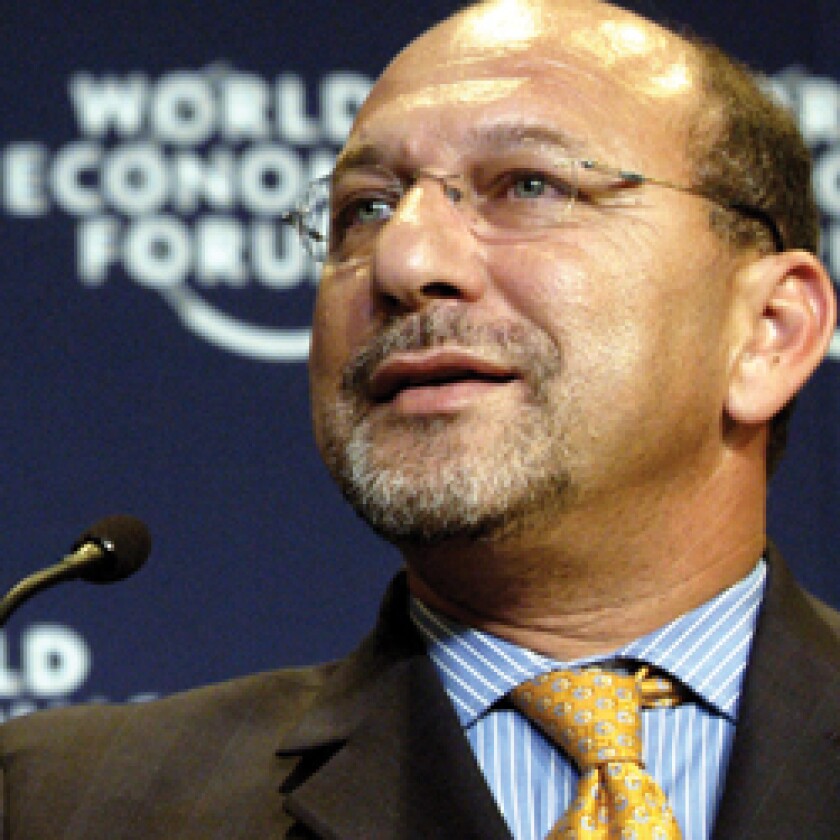Africa must tackle an ‘acute’ infrastructure shortfall and address a growing household debt problem to maintain the recent outstanding economic performance, a leading politician has warned.
Trevor Manuel, minister in the South African presidency for the National Planning Commission and a former chair of the IMF’s Development Committee, told Emerging Markets that investment in key infrastructure projects would boost current low levels of intra-African trade.
Manuel, who was South African finance minister for 13 years until 2009, said the challenge was to build on the recent “phenomenal” surge in growth that had helped pull millions out of poverty across the continent.
“The big challenge is to take forward the infrastructure opportunities,” he said in an interview at the International Growth Centre in London.
“There are always going to be battles over priorities and over what the private sector wants to do and why it wants to do so but the need to advance the infra opportunities on the continent is pressing,” he said.
“If we can unlock that potential then we will also see improvements in infra-African trade. It’s a big change to be looking to trade not just commodities with our neighbours.”
Paul Collier, a professor at Oxford University and author of The Bottom Billion, said the need for infrastructure investment in Africa was now “acute”.
He said the recent strong growth performance had been driven by the super cycle in commodity prices rather than by investment in major projects that would underpin sustainable growth.
“There’s been a little bit of private infrastructure other than by way of mobile phones but the vast bedrock of infrastructure that the economy needs is very old and very inadequate – even for an economy of a decade ago and even more inadequate now.”
He pointed to the large pool of global private capital that was currently earning extremely low rates of return thanks to the US quantitative easing policy. “If we could tap some of that enormous pool of capital to meet the acute needs of African infrastructure that would be a game changer.”
Manuel also highlighted soaring levels of personal debt, fuelled in part by the rise of so-called payday lenders, as a drag on the continent’s economic prospects.
“Unsecured lending is one of the strongest deterrents to a number of issues,” he said, saying that loan payments were often taken straight out of people’s pay packets.
He said a typical public servant had six automatic deductions on their salary. “The availability of unsecured loans to people attached to their payroll has been very negative.”
He issued a veiled criticism of payday lenders who were starting to advertise in South Africa. “You see these adverts saying ‘choose your loan, use the [interest rate] slider and pay us back after your wage’. It’s not a viable solution.”
“We need to find new norms for financial inclusion that don’t create a situation where people take home so little. We need to take a long hard look at what the options are. It’s part regulation, part ensuring oversight and better compliance but we have underinvested in financial education.”
